Today Anne O’Brien, Deputy CEO (Mission People and Culture), reads from the Gospel of Matthew (9: 1-8) in which Jesus, who forgives and heals the paralysed man, says to those who question his authority, “The Son of man has authority on earth to forgive sins.”
Anne asks how do we envisage authority in our society? We see people as invested with a particular authority in certain areas. Doctors are seen as having authority to pronounce on medical matters. Police, lawyers and judges enjoy authority in specific contexts. In certain countries, authority may be perceived as oppressive, while in other places it can be liberating.
In today’s Gospel, Anne notes, we see Jesus’ authority manifested as one of liberation and healing.
As he gazed at the paralysed man on the stretcher before him, he became aware of the complexities of the man’s needs – physical, psychological, and spiritual. It was apparent to Jesus that the man’s real need was forgiveness of sins.
Jesus wanted the man on the stretcher to enjoy the freedom that only Christ can give. He pronounced forgiveness for him, and the man went home carrying his bed.
The miracle Jesus worked here in restoring him to freedom and life in its fullness pointed towards his own resurrection from the dead, for when sin is dealt with, resurrection is at hand.
Where do we see ourselves in this story?
We may identify with the friends who took the paralysed man on his stretcher to Jesus – something we ourselves may do, in effect, when we bring people to God in our prayers.
We may at other times feel we are the paralysed person on the stretcher waiting for the Lord’s healing.
Do we recognise our own need for forgiveness? This is an important thing for us all to consider.
In closing Anne invites us to pray:
Lord God, we thank you for all the people you have sent to us who have helped us to seek and find you. Help us to bring people to you in prayer and accompaniment, and to recognise your power and action in our lives. Amen.

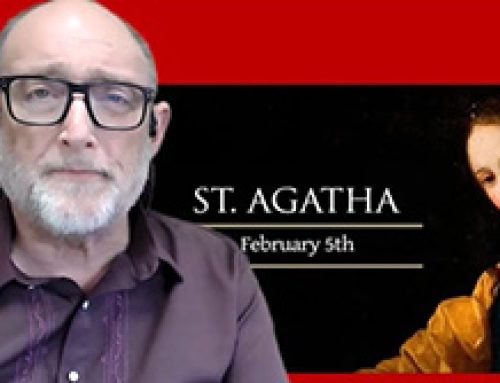
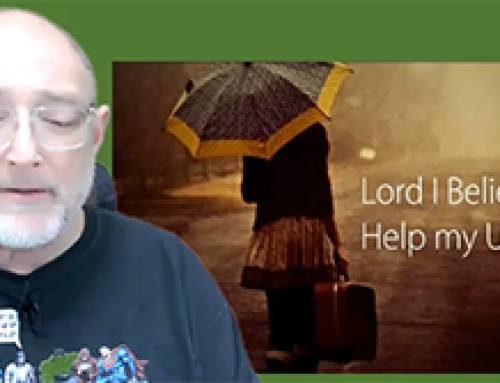
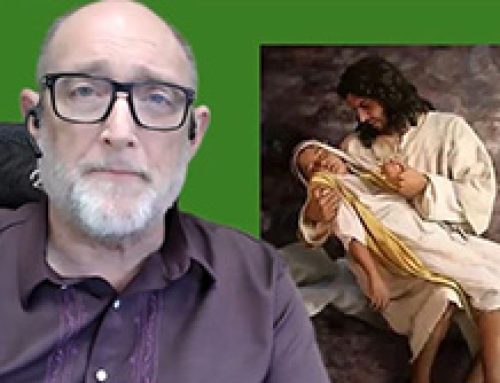
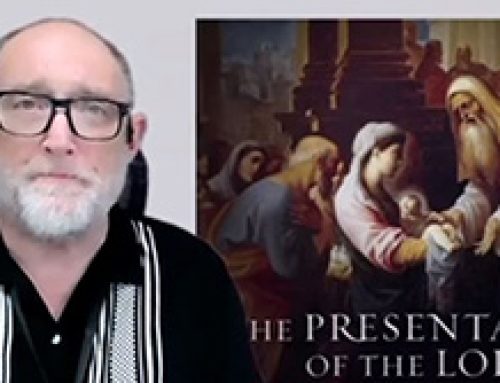
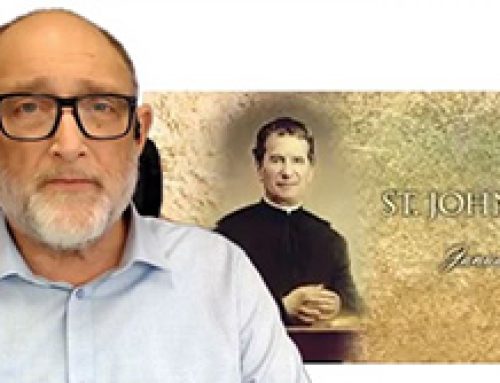
Leave A Comment